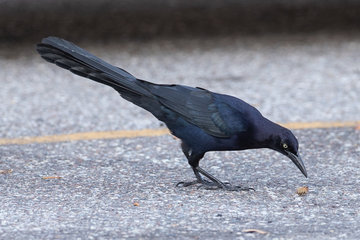Authors
Bertels, Frederic; Rainey, Paul
Departments
Abteilung Mikrobielle Populationsbiologie
Summary
Self-replicating sequences are not unusual in genomes, they make up more than 50% of the human genome. Usually, such sequences are molecular parasites that do not benefit the host. However, we have identified populations of self-replicating sequences that provide a benefit to their bacterial hosts. The evolution of these sequences is fascinating, not only because one generation in these populations lasts thousands of years, but also because evolutionary conflicts, reminiscent of those between organisms and cells, can be observed between the sequence populations and their bacterial hosts.










